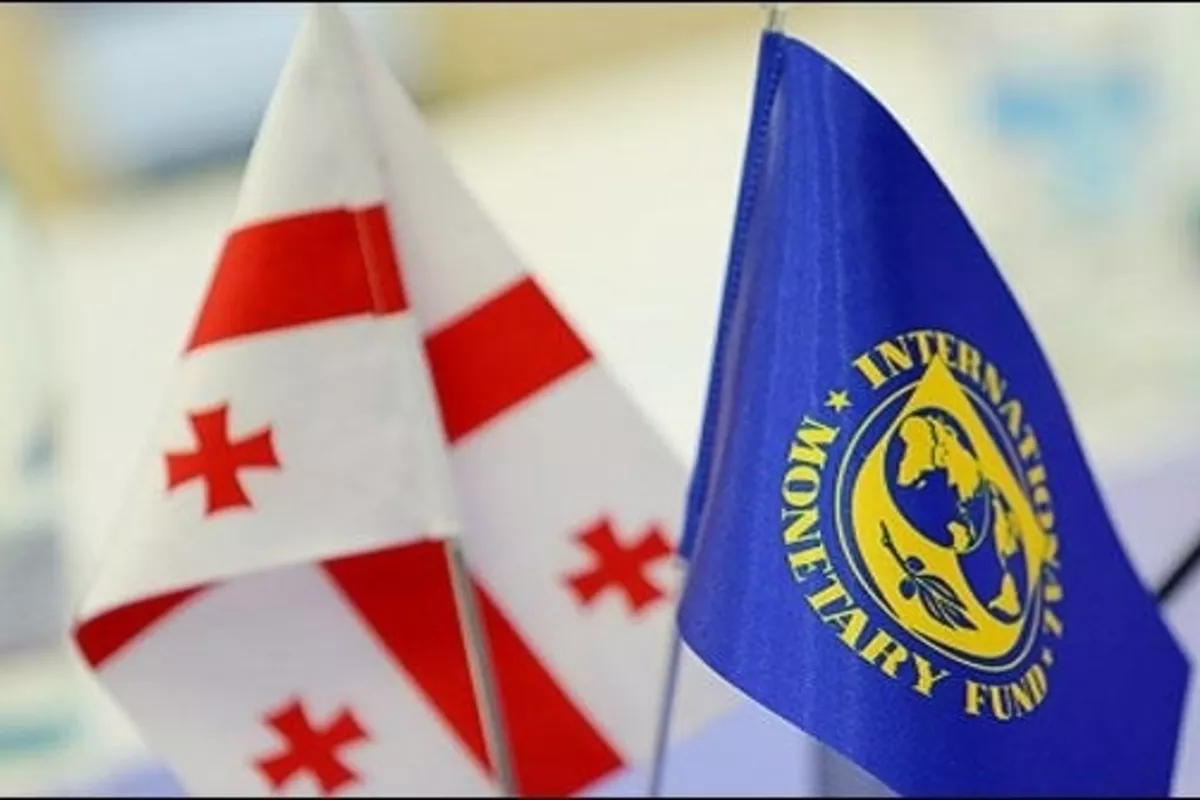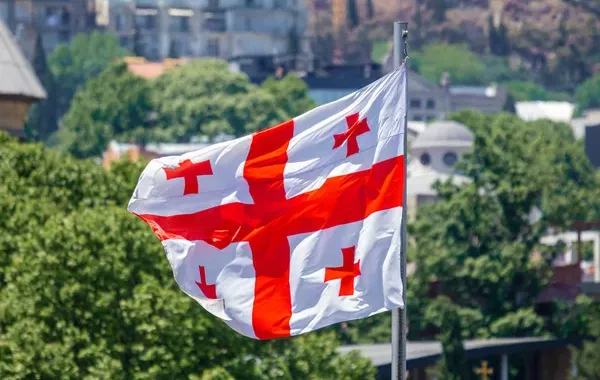
Photo credit: forbes.ge
The IMF is open to considering a new support program for Georgia amid strong growth but challenges like inflation, global uncertainty, and unfinished reforms.
Speaking at a press briefing on Wednesday, Jihad Azour, the IMF’s Director for the Middle East and Central Asia, praised Georgia’s recent economic performance, calling its results “very good.” The country recorded 9.4% growth in 2024 and is projected to expand by 7.2% in 2025, according to IMF estimates, The Caspian Post reports citing foreign media.
“Georgia’s economy has performed strongly. It has attracted foreign investment and strengthened regional connectivity,” Azour told BMG. “Our relationship with Georgia has been long and solid, and if the government expresses interest in a new program, the Fund will be ready to consider it.”
For now, Georgia has not asked for one. Deputy Finance Minister Giorgi Kakauridze confirmed earlier this week that the government does not plan to start a new IMF program this year, saying there are currently no reforms or fiscal priorities requiring such support.
The IMF’s previous USD 280 million program was suspended in mid-2023, following changes to Georgia’s Law on the National Bank that raised concerns about the institution’s independence. The law introduced a new “First Vice President” position empowered to act as bank president in the incumbent’s absence, a move the IMF said risked undermining central bank autonomy.
The Fund also criticized delays in the state-owned enterprise reform, urging Georgia to align the legislation with the reform strategy it had helped design in 2022. The IMF wanted the Finance Ministry to oversee state asset ownership and monitor fiscal risks while restricting state firms’ ability to compete directly with private companies.
Despite these past tensions, Azour said the IMF remains engaged with Georgia through technical assistance projects, describing the country as “one of the largest beneficiaries” of the Fund’s capacity-building programs over the past decade.
However, he warned that to maintain high growth, Georgia must strengthen its financial system, improve infrastructure, and speed up structural reforms to attract more investment. “Several countries in the region, including Georgia, saw high growth rates accompanied by inflation this year,” Azour noted. “Inflation remains slightly above target but is expected to ease next year.”
Azour identified fiscal discipline, financial stability, and greater regional connectivity as key factors for Georgia’s medium-term resilience. “Maintaining stability while accelerating reforms is essential,” he said. “Georgia’s location at the crossroads of trade routes gives it an opportunity to attract new investment, but that requires a stronger business environment, lower costs, and continued development of tourism and logistics.”
Share on social media
